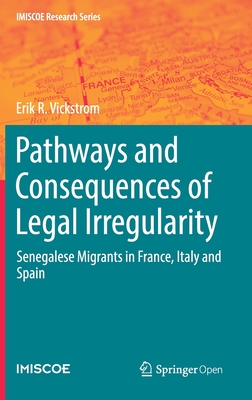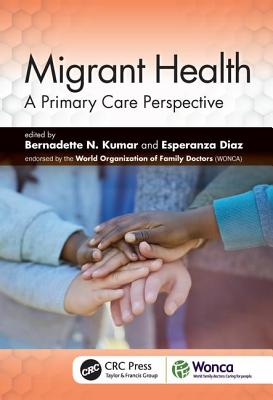Pathways and Consequences of Legal Irregularity: Senegalese Migrants in France, Italy and Spain
暫譯: 法律不規則性的途徑與後果:塞內加爾移民在法國、義大利和西班牙的情況
Vickstrom, Erik R.
- 出版商: Springer
- 出版日期: 2019-04-12
- 售價: $2,620
- 貴賓價: 9.8 折 $2,567
- 語言: 英文
- 頁數: 215
- 裝訂: Hardcover - also called cloth, retail trade, or trade
- ISBN: 3030120872
- ISBN-13: 9783030120870
海外代購書籍(需單獨結帳)
商品描述
商品描述(中文翻譯)
這本開放存取的書籍提供了對塞內加爾移民在歐洲不規則法律地位的複雜性和後果的獨特研究。它採用了精密的定量方法來分析獨特的生活歷史數據,以產生與政策相關的結論。該書以MAFE數據集作為實證證據,重點研究塞內加爾移民在三個不同歐洲國家的法律途徑。它顯示了多重接收環境如何產生不規則法律地位的途徑,以及由此產生的不規則地位的複雜配置如何影響移民在其接收社會中的經濟融入,以及他們在發送社會發展中的持續參與。因此,這本書增進了我們對非洲移民系統運作及其在歐洲的相應包容模式的理解。因此,這本書將吸引從事移民研究的學者、政策制定者和法律專業人士的興趣。
作者簡介
Erik R. Vickstrom received a Bachelor's degree in Sociology from Wesleyan University in 1998 and a Ph.D. in Sociology and Social Policy from Princeton University in 2013. Before graduate school, Vickstrom worked for the Radcliffe Institute for Advanced Study at Harvard, served as a Peace Corps volunteer in Guinea, ran educational programs in Senegal, and worked on USAID projects in Washington, DC. His academic interests include international migration, development, inequality, and language use. Vickstrom joined the U.S. Census Bureau in October 2013 as a Demographic Analyst/Survey Statistician in the Education and Social Stratification Branch. He joined IZA as a research fellow in August 2014 and serves in his personal capacity.
作者簡介(中文翻譯)
Erik R. Vickstrom於1998年獲得韋斯理大學(Wesleyan University)社會學學士學位,並於2013年獲得普林斯頓大學(Princeton University)社會學及社會政策博士學位。在攻讀研究生之前,Vickstrom曾在哈佛大學的拉德克利夫高級研究所(Radcliffe Institute for Advanced Study)工作,擔任過在幾內亞的和平隊志工,並在塞內加爾運營教育計畫,還參與了位於華盛頓特區的美國國際開發署(USAID)項目。他的學術興趣包括國際移民、發展、不平等和語言使用。Vickstrom於2013年10月加入美國人口普查局(U.S. Census Bureau),擔任教育與社會分層部門的人口分析師/調查統計師。2014年8月,他以研究員身份加入IZA,並以個人身份服務。






























